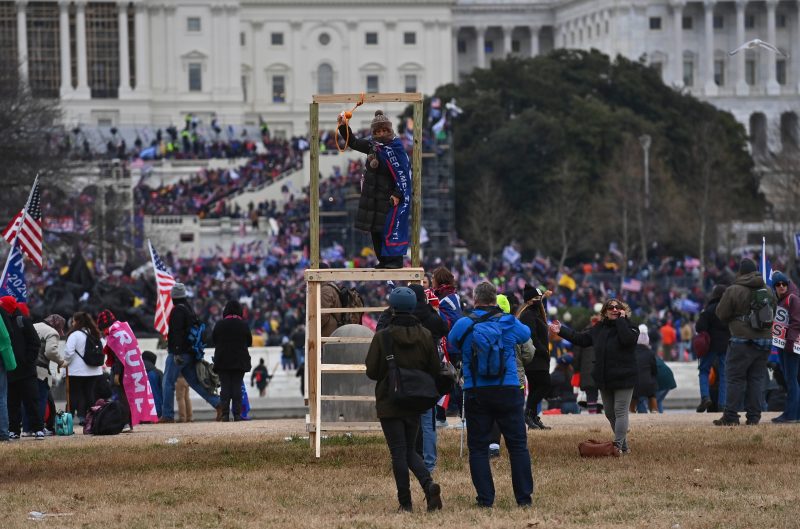
Republicans Unshakable in Denial: Refusing to Acknowledge Trump’s Alleged Wrongdoings in 2020
In a political landscape fraught with polarization and deep division, the events surrounding the 2020 presidential election continue to cast a shadow over the Republican Party. Despite a significant body of evidence indicating President Trump’s involvement in attempts to overturn the election results, a growing number of Republicans remain steadfast in their support for the former president, seemingly impervious to any amount of evidence presented to them.
The aftermath of the 2020 election saw President Trump and his allies espouse baseless claims of widespread voter fraud, culminating in the storming of the U.S. Capitol on January 6, 2021. In the months that followed, numerous investigations, court rulings, and bipartisan assessments confirmed the legitimacy of the election results and debunked the false narratives propagated by Trump and his supporters. Yet, many Republicans continue to ignore or dismiss this evidence, choosing instead to align themselves with the unsubstantiated claims of election fraud.
This steadfast support for President Trump among Republicans raises important questions about the role of evidence and critical thinking in modern politics. In an era marked by the proliferation of misinformation and partisan echo chambers, the ability to critically evaluate information and hold leaders accountable is paramount for a healthy democracy. However, the phenomenon of Trump’s continued popularity within the GOP illustrates the challenges of confronting cognitive dissonance and tribal loyalty in the face of overwhelming evidence to the contrary.
Psychological research offers insights into why individuals may remain entrenched in their beliefs despite contradictory evidence. The concept of motivated reasoning suggests that people tend to interpret information in a way that aligns with their preexisting beliefs and values, even if it means dismissing or distorting contradictory evidence. This phenomenon can create a self-reinforcing cycle where individuals seek out information that confirms their existing beliefs while disregarding dissenting opinions.
Moreover, the influence of partisan media outlets and social media echo chambers further exacerbates the spread of misinformation and reinforces ideological divides. In an environment where individuals can curate their information sources to echo their own biases, critical thinking and fact-checking become increasingly important skills for navigating the complex landscape of contemporary politics.
The persistence of Trump’s influence within the Republican Party highlights the broader challenges facing American democracy in an era of heightened partisanship and disinformation. As political leaders and pundits continue to stoke division and promote false narratives for personal gain, the responsibility falls on individuals to critically evaluate information, demand accountability from elected officials, and uphold the principles of truth and transparency in public discourse. Only by challenging our own beliefs, engaging with diverse perspectives, and valuing evidence-based reasoning can we begin to bridge the ideological chasms that threaten the foundation of our democracy.
